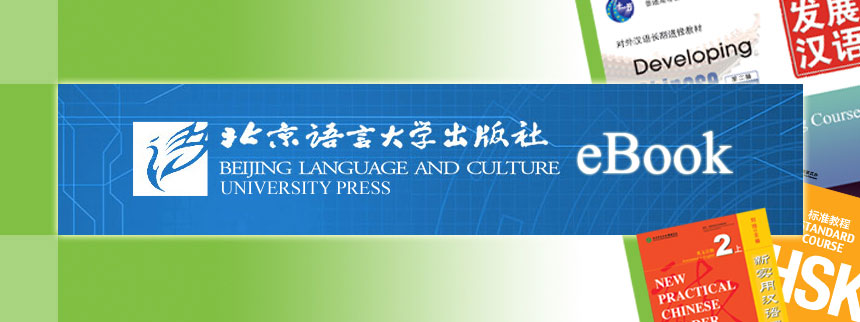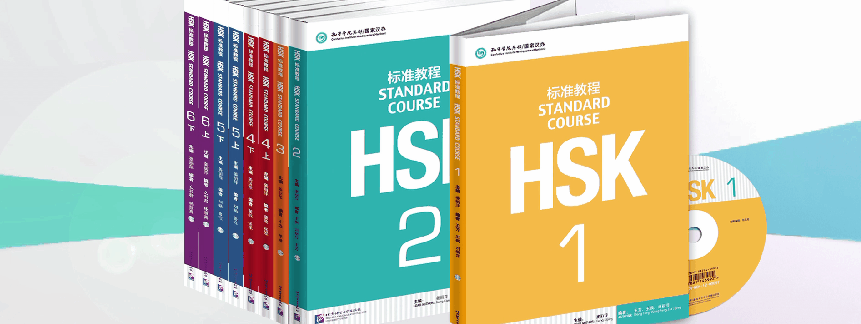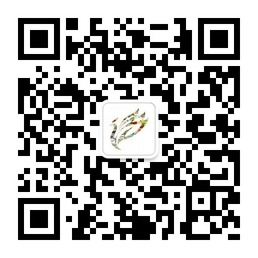Online Bookstore
Study on the Meanings and Usages of “Shi”
Author:Huang Libing
- Medium:Books
- ISBN: 9787561958391
- Page Count: 244
- Size:
- Pub Date:2021-06
- The book weight: 354 g
- Annotation Language:English
- Course:Non-textbook
- Target Audience(Age):
- Target Audience(Language):
- Price:
-
Category: Academic Research














